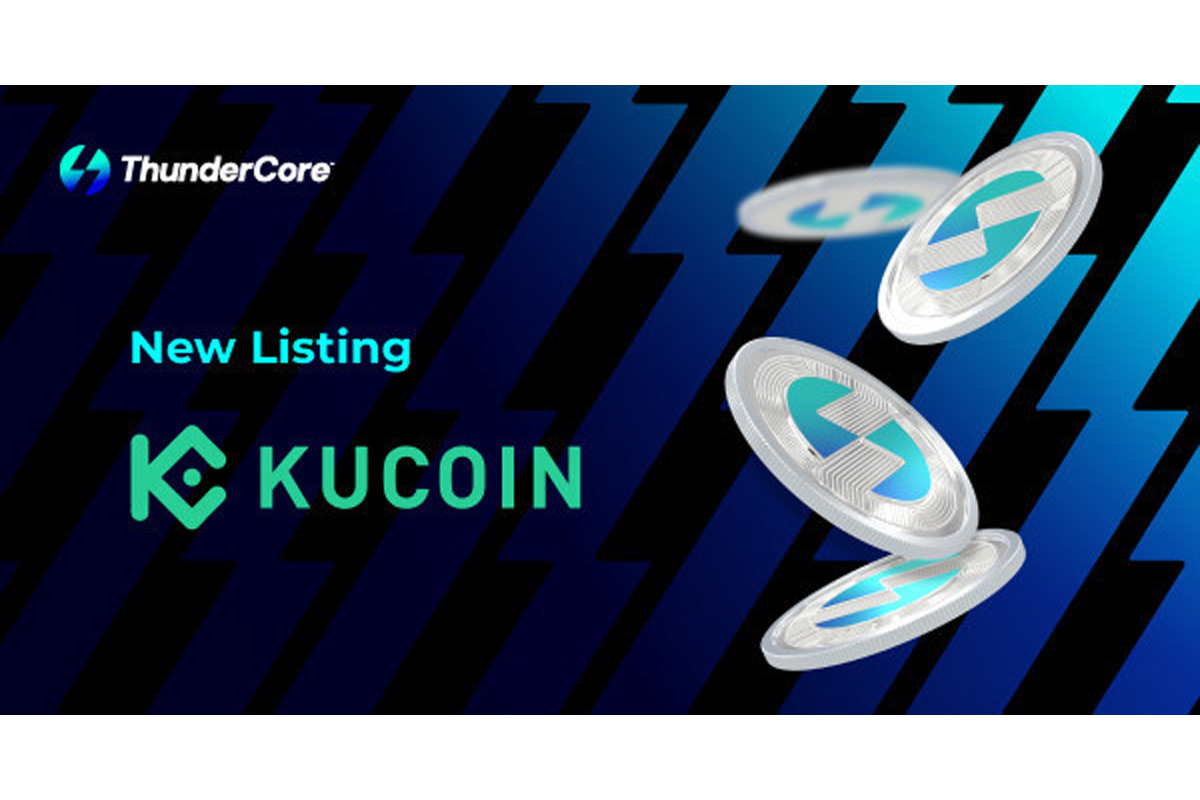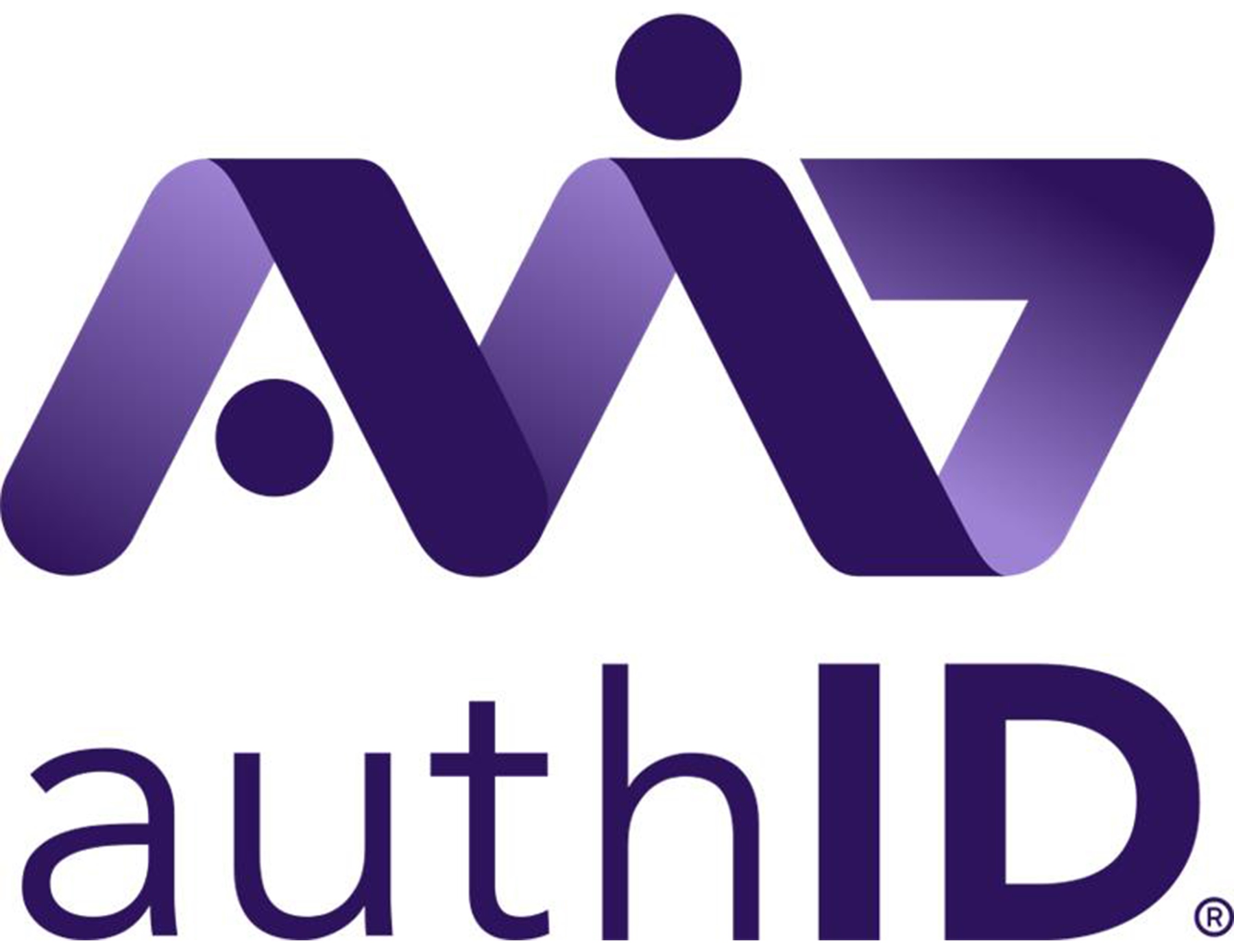Blockchain
KuCoin Announces Listing ThunderCore’s Native Token TT

Leading crypto exchange KuCoin has announced that it has listed ThunderCore’s token (TT), the native cryptocurrency that powers the ThunderCore network – a high-performance layer-1 chain and burgeoning Web3 ecosystem.
Since launching in 2017, KuCoin has made inroads into over 200 countries, with over 600 coins available to buy, sell, and trade. The exchange attracts a large cross-section of traffic due to its low fees, wide selection, and interest-earning functions.
ThunderCore is an EVM-compatible public blockchain that seeks to balance speed and scalability with superior security. It was founded in 2017 by Chris Wang, a prominent Silicon Valley tech entrepreneur and former Google and Disney executive. The chain delivers sub-second confirmation times, ultra-low gas fees, and is one of the top 10 most used public blockchains, according to DappRadar.
With its own native wallet, TT Wallet, ThunderCore makes it easy for startups to outsource storage security functions to the blockchain’s core developer team. The company is committed to continually improving the wallet’s UI/UX design, streamlining various “fiat-in” options, and adding new features such as NFT functionality.
ThunderCore’s aggressive expansion in 2022
The ThunderCore blockchain has made enormous strides not only in the development of its ecosystem, which now includes hundreds of projects and has reached over 400K daily active users at times, but also in terms of partnerships, technology, and adoption.
Since late 2021, ThunderCore has aggressively pursued new opportunities and achieved the following milestones:
- In October 2021, ThunderCore initiated the Iris Hard Fork, which boosted its cross-chain capacities due to improvements in EVM compatibility. This helped the chain to become more appealing to projects aiming to scale.
- In November 2021, they launched the $10M Developer Growth Fund, incentivizing a broad array of blockchain projects and developers to build on ThunderCore. Divided into multiple phases, the initiative has seen many companies receive grants, promotions, technical aid, and business consultations for on-chain projects.
- In March 2022, of this year, the team partnered with innovative cross-chain aggregator XY Finance to enhance ThunderCore’s bridging capacities. XY Finance is a crypto exchange aggregator for the metaverse and DeFi.
- In April 2022, the blockchain rebranded to better reflect the company’s identity as an all-encompassing platform aiming to revolutionize Web3 and onboard new users through mobile entertainment, thereby attracting many new partners and developers.
- In July 2022, ThunderCore joined with leading cross-chain routing protocol Multichain to further boost bridging functionalities. Multichain is a dominant player in the cross-chain sector, with a daily volume of over $100 million.
- An eclectic range of entertainment-facing DApps were rolled out throughout 2022, massively expanding the ThunderCore ecosystem, while a huge influx of new users helped the chain to gain sizable traction and network effect in dynamic new industry sectors. These include the NFT platform OurSong, VR SocialFi platform MomentX, GameFi offering Galaxy Blocks, and NFT/e-commerce pioneer RE:DREAMER.
ThunderCore Outlook
Given the proven background and deep expertise of its founder Chris Wang in the videogame industry (Chris previously sold his social gaming company Playdom to Disney for around $750 million), it’s no surprise that ThunderCore views entertainment as the secret gateway to onboard the next 1 billion users to Web3. The company has sought to attract legions of fun DApps, whether they be related to NFTs, GameFi, or the metaverse, by offering strong funding incentives and continually rolling out new features and partnership.
For the remainder of 2022, ThunderCore predicts there will be more projects onboarded through ThunderGene. This is likely to boost the daily active user totals over the half-a-million mark, according to the company.
ThunderGene tool to simplify Web2 to Web3 migration
Currently, the company is in the process of launching its newest product, the ThunderGene API tool. Made for its growing developer community, the team at ThunderCore makes it extraordinarily easy for Web2 programmers to make the jump to Web3. The API tool streamlines the process of creating coins and NFTs on ThunderCore as well as integrating DApps directly into TT Wallet.
With a long slate of projects set to take off in the fall and winter, ThunderCore expects the utility of TT is only at the beginning of its growth cycle.
Blockchain
authID Reports Financial and Operating Results for the First Quarter Ended March 31, 2025
Blockchain
Blockchain Futurist Conference Releases Final Schedule
Blockchain
U.S. Factoring Services Market Analysis by Product, Technology, Grade, Application and End-user (2019-2032) – Next-Gen Technologies Drive Surge in Alternative Financing Access for SMEs
-
Blockchain7 days ago
Colb Asset SA Raises $7.3 Million in Oversubscribed Round to Bring Pre-IPO Giants to Blockchain
-

 Blockchain Press Releases6 days ago
Blockchain Press Releases6 days agoHTX and Justin Sun Launch $6M Mars Program Special Edition, Offering One User a Historic Space Journey
-

 Blockchain5 days ago
Blockchain5 days agoBitget Blockchain4Youth sostiene l’innovazione del Web3 e dell’IA all’hackathon “Build with AI” di Google Developer Group
-

 Blockchain5 days ago
Blockchain5 days agoBlocks & Headlines: Today in Blockchain – May 9, 2025 | Robinhood, Solana, Tether, China, Women in Web3
-

 Blockchain6 days ago
Blockchain6 days agoBlocks & Headlines: Today in Blockchain – May 7, 2025 | Coinbase, Riot Games, Curve DAO, Litecoin, AR.IO
-

 Blockchain Press Releases5 days ago
Blockchain Press Releases5 days agoBybit Surpasses 70 Million Users, Reinforces Commitment to Transparency and Institutional Growth
-

 Blockchain7 days ago
Blockchain7 days agoFlipido Trading Center Launches ‘Flipido Learn’ Platform to Empower Crypto Investors Through Education
-

 Blockchain Press Releases6 days ago
Blockchain Press Releases6 days agoMEXC Lists USD1, Accelerating Global Stablecoin Innovation with World Liberty Financial











































